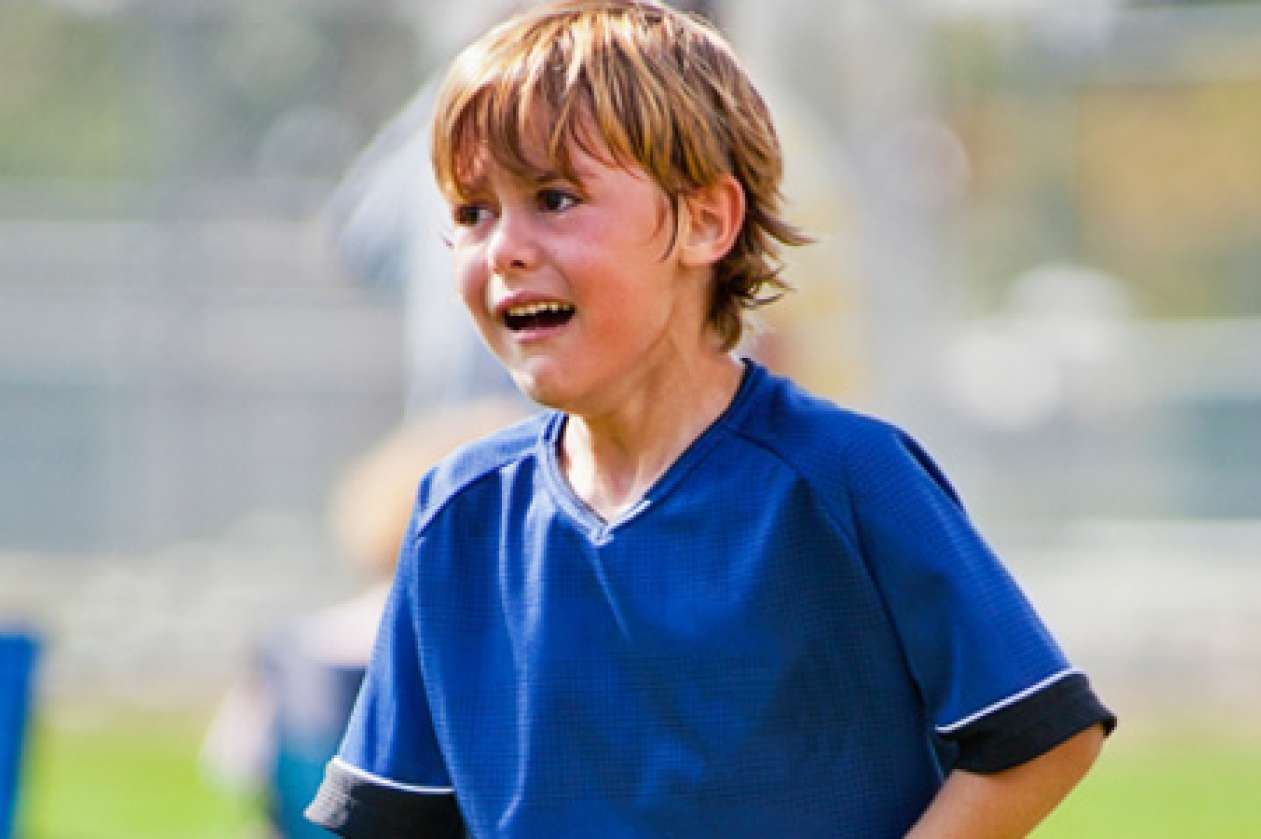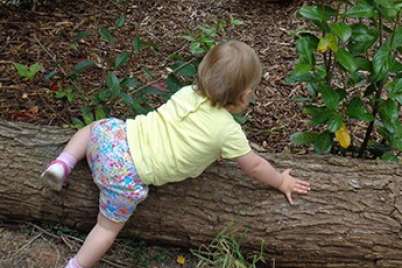
Specializing in sport can be harmful to young athletes
It might seem that commiting to a single sport as early as possible would be the best way to ensure success in that sport. Many parents and coaches across the country believe this to be true, pressuring children – sometimes as early as ages four or five – to embrace extreme training in order to become an exceptional athlete. But a Huffington Post article explains why early specialization is more likely to harm than to help.
“Oftentimes, what these parents and coaches don’t realize is that by encouraging specialization at such a young age, they are putting the athlete’s long-term development in jeopardy,” writes Dr. Sharon Chirban, a psychological instructor at Harvard Medical School.
Sports specialization constitutes year-round training in a single sport at the exclusion of all others. Except for a select few sports that require early specialization, including gymnastics, figure skating and diving, involvement in most sports benefits from a late-specialization approach. This means sampling multiple sports well into the athlete’s teen years.
“When a child cross-trains in other sports, they are working different muscles and joints, which creates better overall conditioning,” writes Dr. Chirban. “This training model also allows for young athletes to develop a new set of athletic skills, which can transfer to their other sports, leaving many experts to believe this type of training creates better overall athletes.”
In other words, specializing late and sampling early leads to the development of physical literacy.
Sampling has other benefits as well. When one sports season ends and another begins – such as hockey in the winter and baseball in the summer – children give their muscles a chance to recover. Plus, a variety of sports breaks up routine, which keeps things interesting and promotes fun.
Any benefits that could possibly come from early specialization in a late-specialization sport are far overshadowed by the potential dangers. Overuse injuries from excessive strain or stress. Burnout. Mental wear from increased pressure. Failure.
According to the American Academy of Pediatrics, less than two percent of athletes who specialize will play sports professionally. Dr. Chirban notes that when a child’s illusion of college scholarships, professional careers and early recruitment doesn’t materialize – after all of the investment that went into one part of the child’s self-image – the disappointment can lead to depression or loss of identity.
“The best way to help foster our child’s athletic development is to encourage our children to play sports because they promote a healthy and active lifestyle,” writes Dr. Chirban. “Participation is also good for self-esteem, teamwork and good sportsmanship.”
“As much as we want our children to be good at sports, we must also remember to be good sports parents – which means no pushing, no pressure and doing what is best for their health and development.”






Children are not just little adults. They are in the process of developing. Female gymnasts have delayed menstruation because of extreme training. Young baseball pitchers develop joint issues that last a lifetime. How many boxers develop slurred speech? Brain damage is an issue in all contact sports. Very few young athletes become professionals. You actually have a better chance of being hit by lightning.